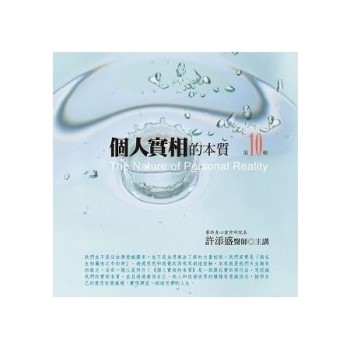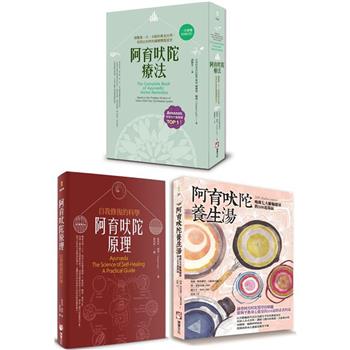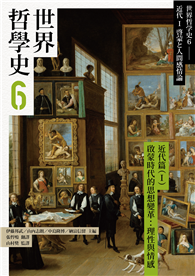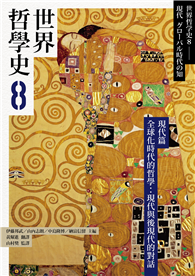| FindBook |
有 1 項符合
The Blue-necked God的圖書 |
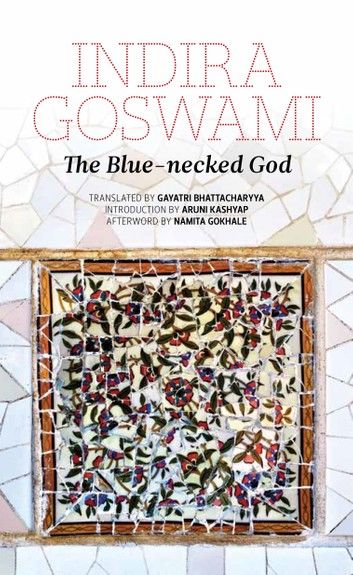 |
The Blue-necked God 作者:Indira Goswami / 譯者:Gayatri Bhattacharyya 出版社:Zubaan 出版日期:2014-03-11 語言:英文 |
| 圖書館借閱 |
| 國家圖書館 | 全國圖書書目資訊網 | 國立公共資訊圖書館 | 電子書服務平台 | MetaCat 跨館整合查詢 |
| 臺北市立圖書館 | 新北市立圖書館 | 基隆市公共圖書館 | 桃園市立圖書館 | 新竹縣公共圖書館 |
| 苗栗縣立圖書館 | 臺中市立圖書館 | 彰化縣公共圖書館 | 南投縣文化局 | 雲林縣公共圖書館 |
| 嘉義縣圖書館 | 臺南市立圖書館 | 高雄市立圖書館 | 屏東縣公共圖書館 | 宜蘭縣公共圖書館 |
| 花蓮縣文化局 | 臺東縣文化處 |
|
|
圖書介紹 - 資料來源:樂天KOBO 評分:
圖書名稱:The Blue-necked God
Indira Goswami’s last work of fiction, The Bronze Sword of Thengphakhri Tehsildar is the heroic tale of a Bodo freedom fighter who was, arguably, the first woman revenue collector, a tehsildar, in British India. Set in late 19th-century Assam, the novel generated a great deal of interest when it was published. Thengphakhri is a fascinating character that the author recreated from folklore and songs and stories that she’d heard in her childhood. The image of the protagonist, galloping across the plains of Bijni kingdom in lower Assam to collect taxes for the British, is a compelling one and one that inspires awe and admiration. At a time when educated Indians, social reformers and the British government were trying to fight misogynist practices such as sati, child marriage and the purdah system, here was a woman working with the British officers, shoulder to shoulder, as a tax collector who rode a horse, wore a hat and had knee-length black hair. Indira Goswami has woven a complex tale wherein the foundations of the colonial rulers were shaken by insurgents seeking freedom across Assam just before the rise of the Indian National Congress.
|

